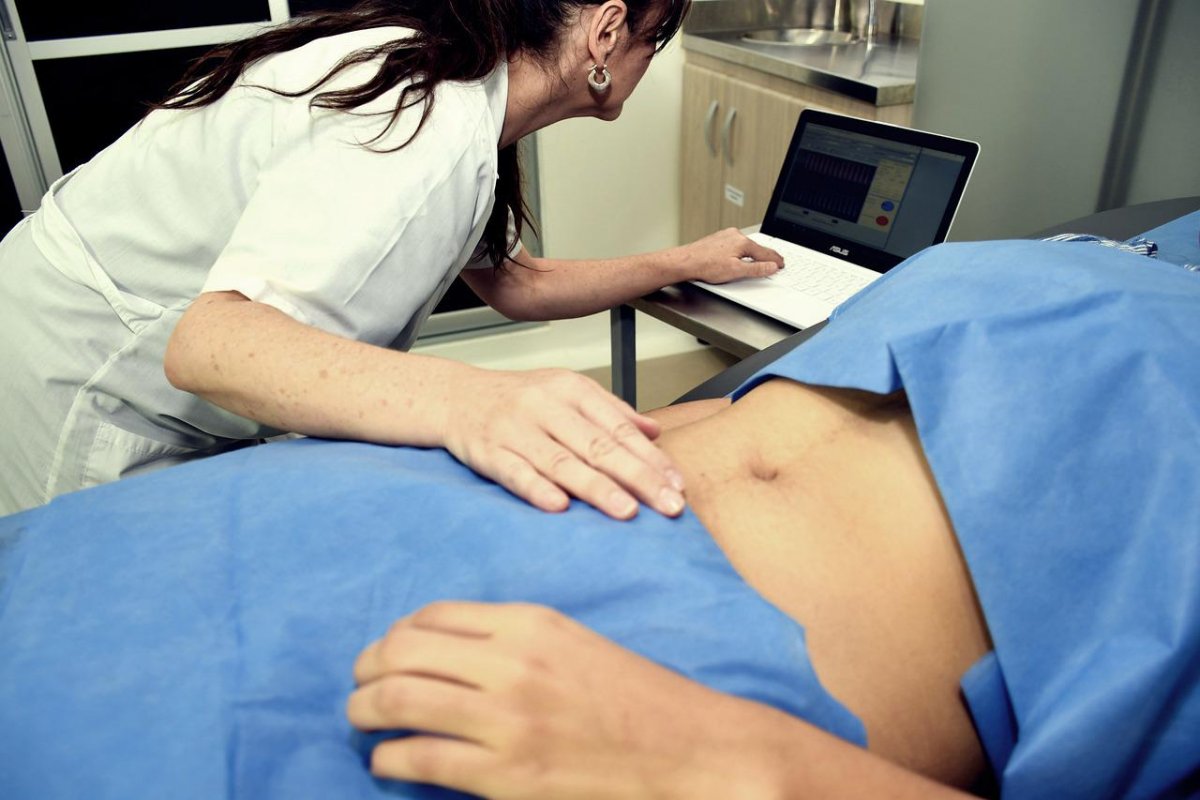
Endocrinologist Ilya Magerya told why every woman needs to be tested for FSH and how this can affect her health in the future.
Sooner or later, any woman is faced with a diagnosis – ovarian exhaustion. This is how nature arranged that by about 45-55 years, the ovaries begin to produce less sex hormones. However, sometimes this happens at a much earlier age.
“AIT and other thyroid disorders can be the cause of premature ovarian failure; stress and chronic adrenal fatigue; anemia; diabetes; taking COCs; deficiency of protein and fats in food; psychological trauma,” says the doctor.
The body will signal the exhaustion of the ovaries with such symptoms. Suddenly, the menstrual cycle will become shorter, in addition, there will be no stability in the calendar. Menstruation will become more scarce, and may even stop.
Often, women suffer from hot flashes, a feeling of heat (especially in the upper part of the body). Libido drops, the skin becomes dry, the ovaries become exhausted, and the woman ages…
If you notice these symptoms, you need to urgently take tests for hormones: testosterone, estradiol, and especially FSH. Its readings should be above 8.9 mIU/ml.
Tumor testing can give a prognosis for ovarian cancer
But the doctor recommends that all women get tested for FSH not during the onset of the problem, but as much as possible at an earlier age, when a woman is at the peak of her health.
6 types of cells that cause ovarian cancer have been found
This indicator at the time of ovarian exhaustion will tell a competent endocrinologist-gynecologist what, in principle, the ovaries of a particular women and what they can do in ideal conditions.  Ilya Magerya Health Endocrinologist, Head hormonal health clinics
Ilya Magerya Health Endocrinologist, Head hormonal health clinics
